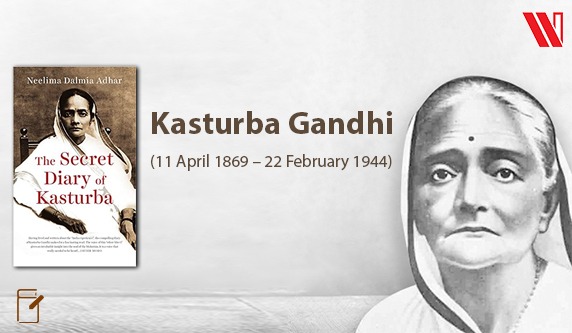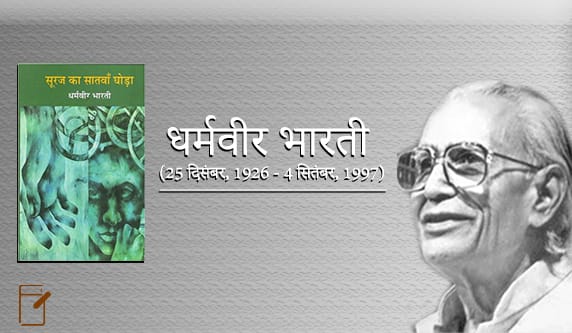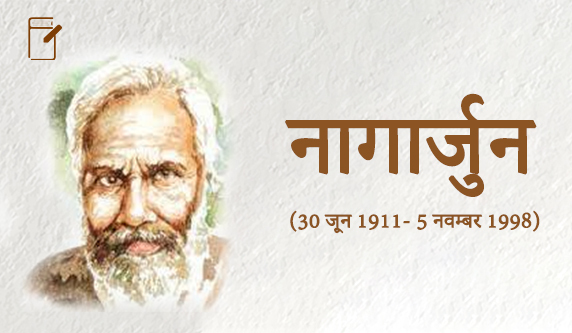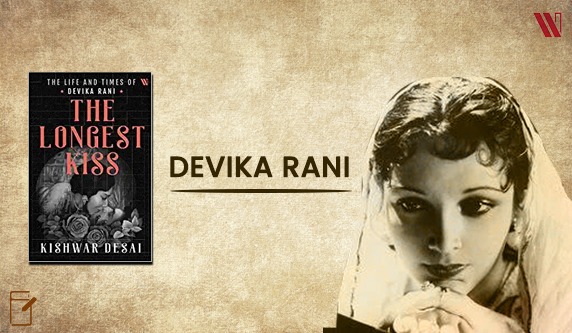A colorful imaginative re-telling supposedly based on factful research, The Secret Diary of Kasturba builds on what it meant to be Kasturba Gandhi, the wife of Mahatma Gandhi.
At its best, it’s an interesting book, that tries to present Mahatma Gandhi in a different light by portraying what it would have been to live with a man like him, but at its worst, it’s a sensational attempt to get a few eyeballs and propagate a typecast image of Indian women.
The simmering anger in the imaginary narrative of the book, The Secret Diary of Kasturba keeps it from becoming an interesting piece of historical fiction and in the end, generalizes both the book and the character in a failed attempt to draw women’s issue to the fore.
Is it Historical Fiction?
I wonder what Kasturba would have thought of this book. It’s written from her perspective, but not really. It reads like a character study, but not really.
The writer says, “This is a work of fiction, as is clearly stated on the copyright page and I don’t see why there should be any controversy. My Kastur is a fictional character bound within the domain of documented history. She may speak and behave in a manner that may appear out of place, but let us not forget that this is how I have chosen to paint her, through the realm of my imagination.”
The mere fact that the author had to say it out loud makes it read like an apology. Clinical psychologist and the best-selling author of the book 12 Rules For Life Jordan Peterson says, “If you can’t understand why someone is doing something, look at the consequences of their actions, whatever they might be, and then infer the motivations from their consequences.”
This book clearly feels like an attempt to redefine or at least put into a certain perspective the legacy of Mahatma Gandhi. Tragically or comically or tragicomically, this book is more about Mahatma Gandhi than Kasturba, and from the very outset assumes that Kasturba was utterly powerless and had no existence of her own.
An excerpt from the beginning of the book:
Our sexual union, the mortal embodiment of Shiva and his divine consort, the final amalgamation of yin and yang was indeed a cosmic explosion. I would soon get accustomed to the appearance of normalcy, the feigned amnesia of couples who behind closed doors, naked in each others’ arms, regularly engaged in passionate sexual exchanges and appreciate the quintessential but accepted duplicity of the flawed human race. As for Mohandas, he had acquired a toy; a living organism that could talk back, laugh, play, copulate and then return to being his bonded slave. For him I was mere plaything that was not permitted to either think or protest.
Kasturba was a lifelong companion of Mahatma Gandhi. It’s interesting that the book claims to have been written from the perspective of a wife who dedicated her entire life to her husband and fails to empathize with him completely.
Another excerpt:
One morning I accompanied Putli Ba on her usual trip to the temple. There was a buoyant spirit of defiance within me; I had not sought Mohandas’ permission to leave. I had stopped doing this for a while now. His high-handedness no longer held any power over me. Expectedly he exploded. He made another attempt at clamping even greater restrictions on me, which I flouted again with impunity. He finally gave up when he realized that Kastur would not succumb to his oppression. He soon retracted and normalcy between us was restored. He had accepted his first defeat in our relationship somewhat calmly, but Mohandas was always distracted and restless, hardly at peace with himself.
An Impersonal Diary of Kasturba
Strangely, the book fails to empathize with Kasturba herself. It’s aloof, feels distant, and looks to be judging her on substandard out-of-place standards of the 21st century. The book doesn’t really leave you with any substantial insights whatsoever. It just leaves one with one question, and that is, ‘Can you really be judged on the matrices of times hundreds of years ahead of you?’ The answer lies with no one.
The final expert from the book:
The ruling shook up the Indian community throughout South Africa and an extremely agitated Mohandas declared that he would protest against this draconian law. He said that it was time for the women to rise in revolt and if necessary court arrest, to avenge the insult meted out to them and their children. All my arguments against his diktat fell on deaf ears. The last thing Mohandas said to me was, ‘You can fast-unto-death if the jail authorities ill-treat you, Kastur. And if you die in jail, I shall worship you like a Goddess.’ And the matter was closed.
Nevertheless, the book makes for a one-of-a-kind experiment in contemporary literature and can be read here.





No Comments